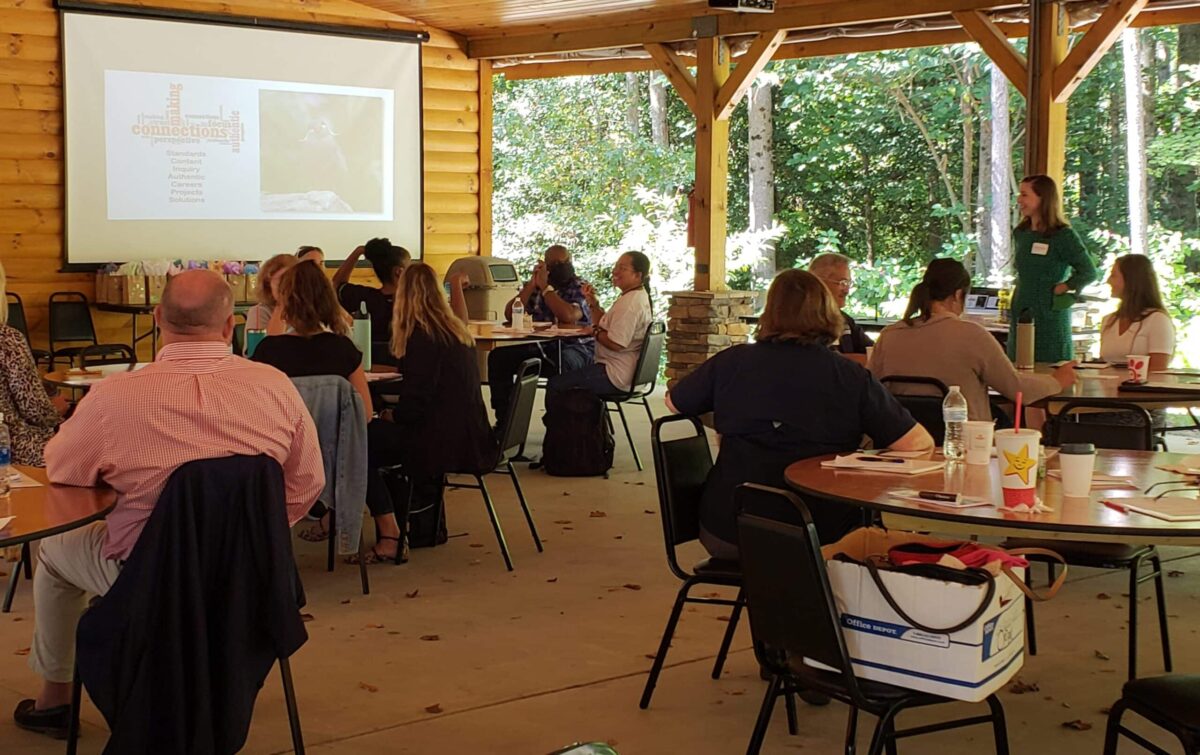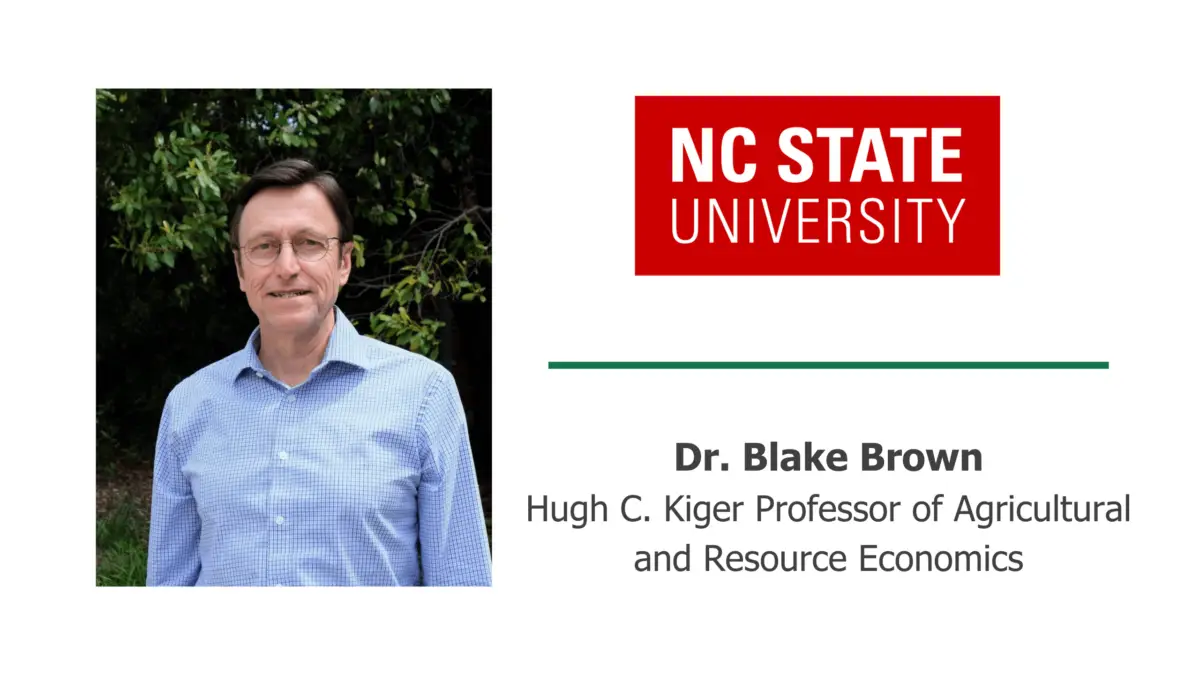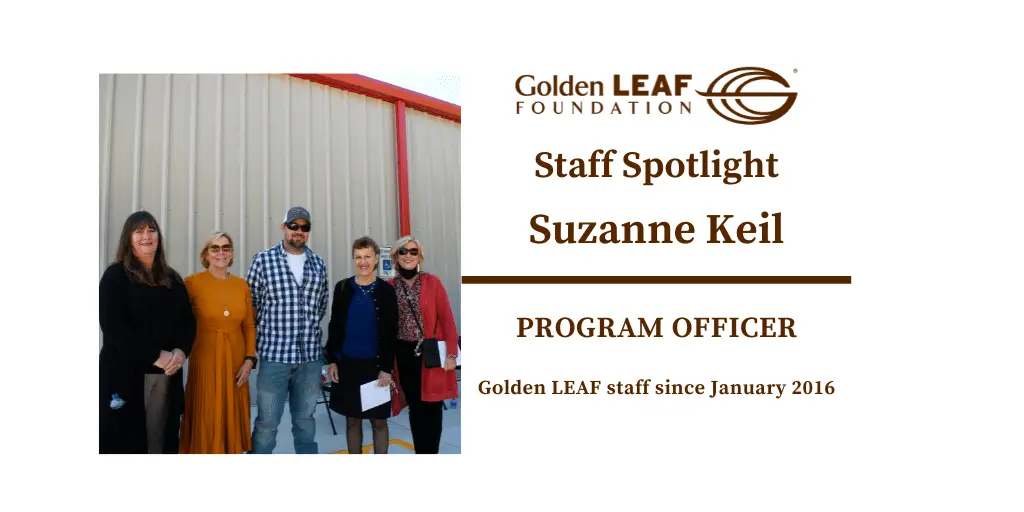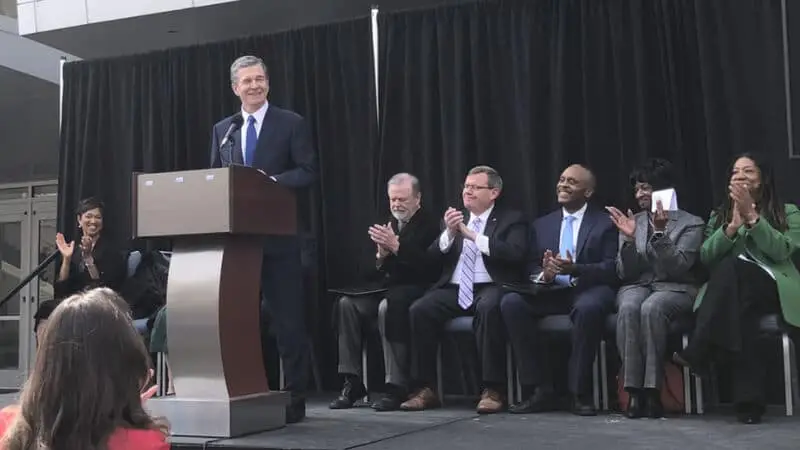NC East Alliance grows STEM in Eastern North Carolina through funding and educational partnerships
By Suzanne Keil, Golden LEAF Program Officer In early 2019, the Golden LEAF Foundation Board of Directors awarded $150,000 to NC East Alliance through the







